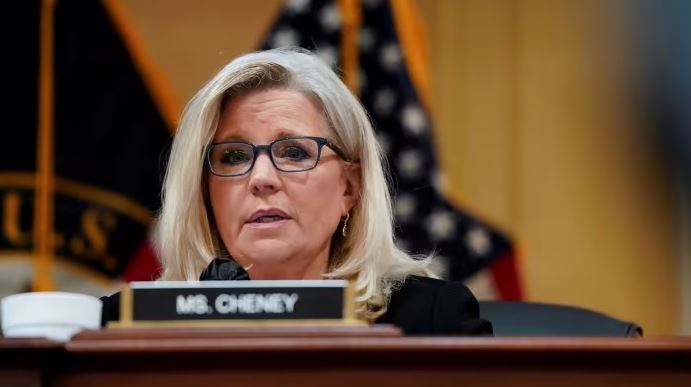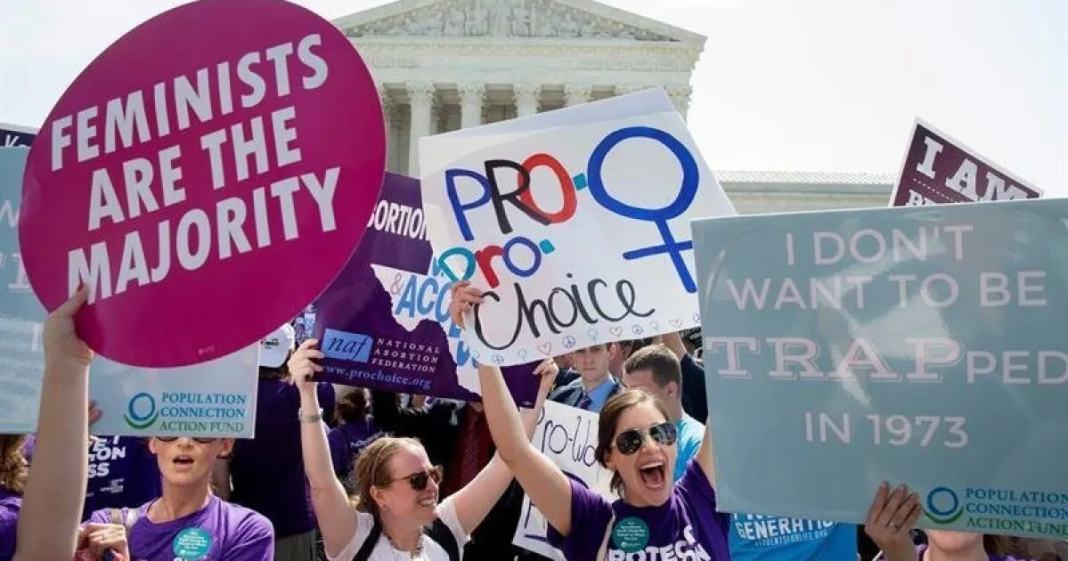The United States began 2021 on the brink of one of the most serious events in its history, an assault on the Capitol that finished off the legacy of Donald Trump, and closes it with the tensions that marked that episode still latent, but diluted in the complicated agenda of President Joe Biden.
The year began in a climate of strong division due to the doubts sown by Trump about the US voting system after the 2020 elections and ends with that problem still in force, but relegated to the background in the face of concerns about the pandemic and the economy.
“(Biden) promised to heal the wounds that divided the country … and he has tried, but the divisions are too great for any president to resolve,” said Mark Peterson, a policy professor at the University of California, Los Angeles. .
68% of Republican voters still think that Trump’s elections were stolen, and therefore that Biden exercises his power illegitimately, according to a November poll by the PRRI poll firm.
DISTRUST IN THE ELECTORAL SYSTEM
The discourse of mistrust in the electoral system sounds louder and louder in the conservative ranks, and it promises to have consequences in the legislative elections of 2022 and the presidential elections of 2024, whether Trump is running again for the White House or not.
“Even high-ranking Republican elected officials have consented to rather blatant attacks on democratic norms and institutions,” Peterson said.
For the expert, the assault on the Capitol on January 6 was not an isolated milestone in American democratic history, but “a particularly terrible event in a process that continues to delegitimize the electoral process” in the country.
The seed that Trump sowed with his complaints without evidence about electoral fraud has given fruit throughout this year to at least 33 laws in 19 states that, in practice, make it difficult to access the polls, especially for minorities African American and Hispanic.
In a speech in July, Biden described that trend as “the most significant test of (American) democracy since the civil war” of the mid-19th century, but in recent months, his attention has shifted to other, more tangible challenges, while a federal bill to strengthen voting rights languished in Congress.
Those closely following electoral politics warn that Republican leaders in several key states have taken note of what did not work in Trump’s attempt to turn around the election result in 2020, and are now designing ways to do so in 2024. if they deem it necessary, thanks to their power in state parliaments.
This political climate has also hindered the agenda of Biden, who came to power at the end of January and has governed in a context in which “bipartisan cooperation seems almost impossible on all issues,” said the director of the presidential studies program at the Chapman University of California, Lori Cox Han.
THE OBSTACLES FOR BIDEN
Many Americans voted for Biden with the sole aim of removing Trump from the White House, without feeling particularly strong enthusiasm for a president who, at 79, “is not always perceived as energetic and inspiring,” Han recalled.
Although Biden has managed to get Congress to pass a stimulus plan of 1.9 trillion dollars and another one for the infrastructure of 1.2 trillion, he has still not managed to carry out his social spending project, and those measures are not enough to counteract ” the forces of division ” in the country, according to Peterson.
That explains in part – continued the expert – that, after six months of honeymoon, Biden’s popularity began to fall in the polls, until it reached 42% at the beginning of December, according to an average of polls on the web. FiveThirtyEight.
That approval rating began to decline in mid-August, coinciding with the chaotic execution of the US withdrawal from Afghanistan, a factor that has been joined by others such as fatigue from the pandemic and its attempt to force most of the population to get vaccinated. the country’s workers, paralyzed in court.
Supply chain problems and inflation levels unprecedented in three decades, which have skyrocketed food and gasoline prices, have multiplied the headaches for Biden, along with his party’s fears that the situation will affect them. pass bill in the legislative elections of November 2022.
“Biden has tried to push an especially ambitious agenda by relying on the narrower majorities in Congress … that any new Democratic president has had since before Franklin Roosevelt (1933-1945),” Peterson summarized.
Historic precedents point to Democrats losing their majority at least in the House of Representatives next year, meaning Biden has less than a year to define his legacy in legislative terms.
“What Congress passed by October 2022 will likely be the last thing for Democrats for years to come, given how effective Republican strategies are in consolidating themselves in power,” Peterson predicted.























































































